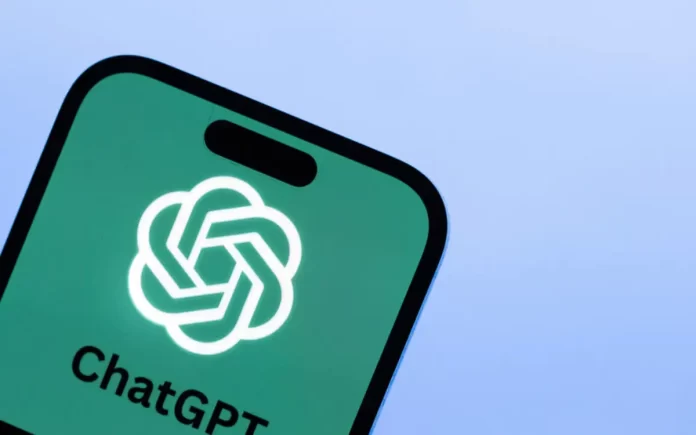Washington, D.C.: In a significant setback for OpenAI, the United States Patent and Trademark Office (US PTO) has denied the company’s request to trademark the term GPT (Generative Pre-trained Transformer).
OpenAI, led by Sam Altman and backed by Microsoft, contended in its application that GPT is not merely descriptive, as consumers wouldn’t immediately comprehend the meaning behind “generative pre-trained transformer”.
However, the US PTO remained unconvinced. In its decision, it stated, “The Internet evidence demonstrates the extensive and pervasive use in the software industry of the acronym ‘GPT’ in connection with software that features similar AI technology with ask and answer functions based on pre-trained data sets.”
The decision emphasized that consumers’ lack of familiarity with the underlying words of the acronym doesn’t negate the widespread recognition of “GPT” as a term commonly associated with a specific type of software featuring AI ask-and-answer technology.
The rise of generative AI saw many companies incorporating “GPT” into their product names, with OpenAI’s ChatGPT model notably contributing to the term’s popularity. ChatGPT, designed to mimic human-like conversation based on user prompts, propelled OpenAI’s custom chatbots to be referred to as GPTs.
Furthermore, OpenAI recently unveiled its text-to-video generation model named Sora, adding to its array of AI offerings. Reports suggest that OpenAI’s advancements in the AI field over the past year have led to a valuation of approximately $80 billion, solidifying its position as a dominant force in the industry.



